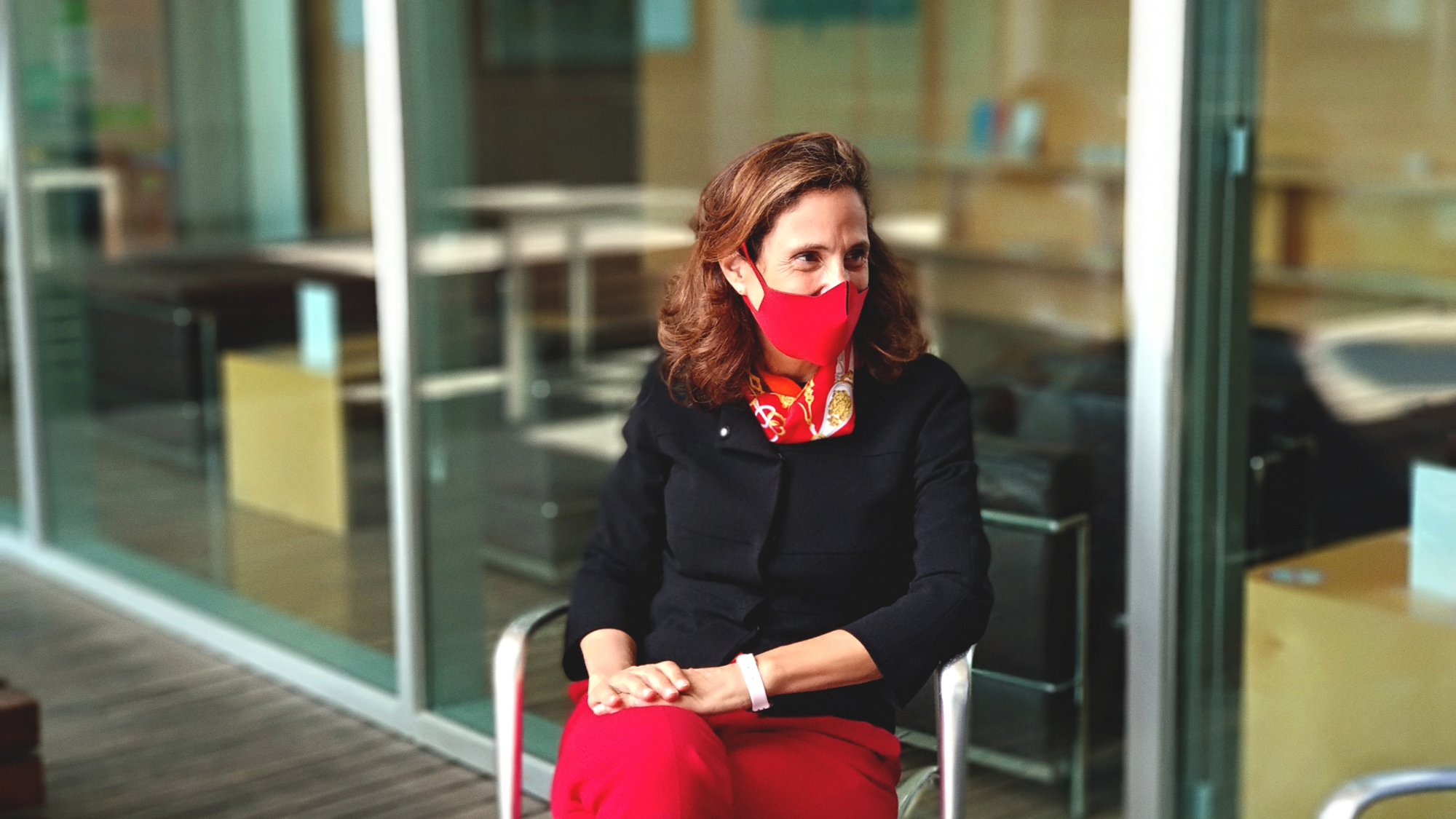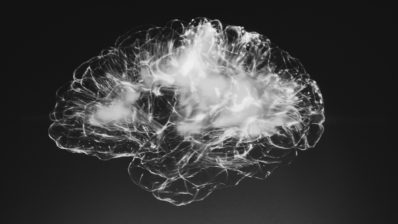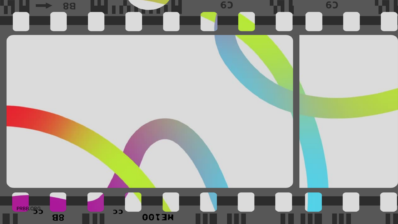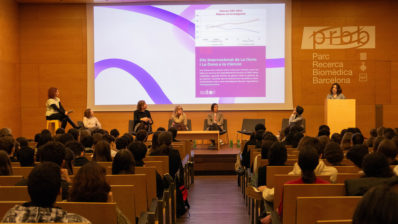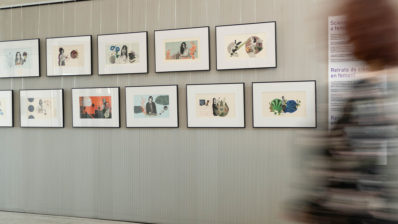The Italian virologist Ilaria Capua received last June 1st the Barcelona Hypatia European Science Prize. This was the second edition of this prize launched by the Barcelona City Council in collaboration with the Academia Europaea-Barcelona Knowledge Hub.
In the words of Lluis Ferrer, jury president, Professor Capua, current Director of the “One Health” Center of Excellence at the University of Florida, was chosen “for her huge contributions to the study of viral zoonoses, for her strong commitment to an open, more ethical science at the service of society in its broadest sense, and for her value as a role model for young women scientists”.
Capua dedicated the award “to all the women who have silently made this pandemic much less devastating than it could have been: taking care of other people, taking enormous additional burden, but also working behind the scenes in laboratories. And to all those women who have contributed to science and have never been recognised.”
The Hypatia Prize, which features a monetary award of 30,000 euros and a commemorative plaque, aims to “spotlight science, as well as to promote, support and enhance the value of excellent research conducted in Europe and of its impact on society”.
Capua came to visit the Barcelona Biomedical Research Park (PRBB) on the morning of the day of the ceremony, where she heard about the park and its centres and met several researchers from the different centres, including Cristina Pujades (Department of Experimental and Health Sciences, Pompeu Fabra University (DCEXS-UPF)) who was one of the five members of the jury who selected Prof Capua out of the 19 nominees for the award.
“A setting like the PRBB, with interdisciplinary at its core and with a focus from the molecular to the populational, is perfectly positioned to face the challenges of the future”
Ilaria Capua
We took the chance to talk to her.
What do you think has been your major contribution to science and society?
I’ve had several transformative ideas; but they were so obvious when you thought of them that it made me wonder, why has nobody thought of it before? (laughs) I guess one thing I am really good at is connecting people around big ideas.
Like One Health?
This concept has actually been going on for a long time. I moved away from research and into politics for 3 years, and when I came back I started thinking about another concept, Circular Health, which has its roots in One Health. The main idea is that we live in a closed system, and everything that happens inside it, affects everything else. The current pandemic is a living example of this.
The Circular Health paradigm means we need to bring health outside of biomedicine, that biomedicine needs to reach out to other disciplines. This pandemic is showing us that physical health needs to be interrelated with mental health, with gender and sex and genetic diversity (we have seen Covid19 has disproportionally affected women and some ethnic minorities), with the environment (if humidity increases, so does the spread of the virus), with our lifestyles…We need to bring all disciplines into a convergence around health.
We need to be brave, creative, and understand that the strength of the future is not inside each discipline but in the inbetweens. Multidisciplinarity will be the fuel of the future.
So you think we can learn from this pandemic?
Pandemics are transformational events; they change things, systems, people. Covid-19 is a multisystem stress test. One month after the lockdown, air was cleaner in China. It has had a huge effect on international travel – I myself wonder, is there a need to fly as much as I have been doing until now? Many people won’t want to go back to work in an office everyday, with long daily journeys by car,… And not to forget, this little ball of jelly that is SARS-Cov-2 has caused the greatest economic crisis ever!
There will be a before and an after. We have to learn and move on. There will be resistance to change, for sure. But what’s clear is that we’re never going back to where we were.
If you look at the biggest pandemics in our history (Bubonic plague, Spanish flu and now Covid-19) they have all been caused by viruses coming from animals. So it is clear that we need to co-advance the health of humans, animals, plants and the environment.
“We are part of a system, and we have to be respectful of it and work to make it sustainable”
How can we do that?
Big data will play a crucial role. We have to use the data we have and that we can get from the pandemic – not only that which comes from scientists, but also from society itself, through for example citizen science projects. We have the tools, like machine learning, and the computing capacity that allows us to dive into the enormous quantity of all types of data we have now. After all, this pandemic is the most measured event in human history! It will be ‘dirty’ data, probably not interoperable,… certainly not ideal, but it’s still worth it, we can still use it.
And we must make prevention part of our life; from things that are on top of everyone’s minds now, like washing our hands or vaccination, to proper eating or how we move around (physical activity and urban planning)… Only like this will we be able to reach ‘precision public health’ – not precision medicine, for each individual, but for the whole population. And then, if the population at large is healthier through these preventive interventions, we will have more money to treat problems that cannot be prevented.
We need to make sure that all the devastation the pandemic has brought is not for nothing. We need to use the situation to learn and improve, and make prevention part of our life.
You mentioned three main messages you want to send – which ones are they?
The first one is that from now on, we need to only analyse data that is disaggregated by sex and gender. Not only in biomedicine, but in any study. Enough is enough. Basta! We should not be doing anything where we don’t look at the data in a disaggregated way so we understand how anything affects the different sexes/genders, and we take into account all the perspectives.
The second one is that we need more thermostable vaccines. In many places electricity is not regular, they can’t afford having vaccines that need to be at -70oC! We are in the XXI century, and we’re still making vaccines using the technologies that Pasteur used! We have 3D printing, nanotechnologies, even special material to use in space… Let’s take 1 billion euros and use these disruptive technologies and put them to work to find ways to make new vaccines that don’t need a cold chain, that are much more stable and easy to transport and administer.
Finally, I want to advocate the importance of vaccination. Each and everyone of us has the responsibility to get vaccinated, because it is the only way we will get out of this situation. So it is imperative to ensure equity in vaccine accessibility to avoid disparity in distribution of resources.
You can watch the video of the Hipatia Award ceremony and Prof. Capua’s speech here:


